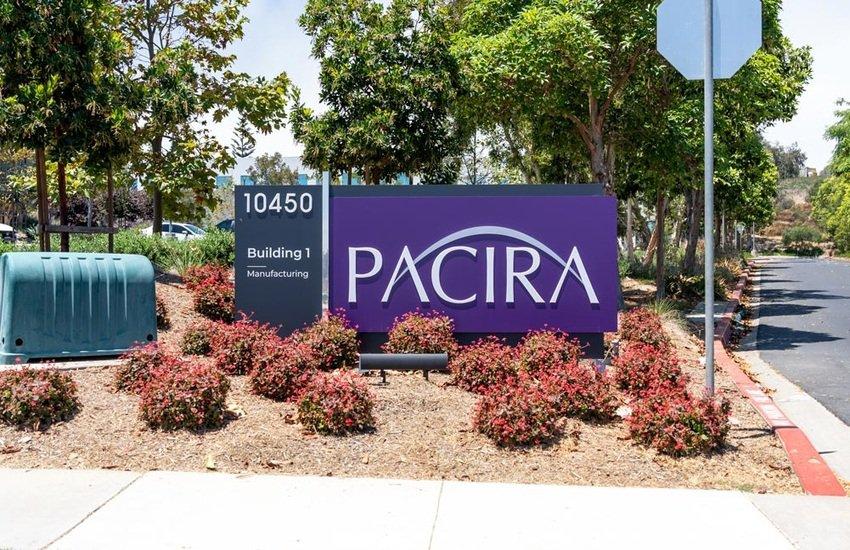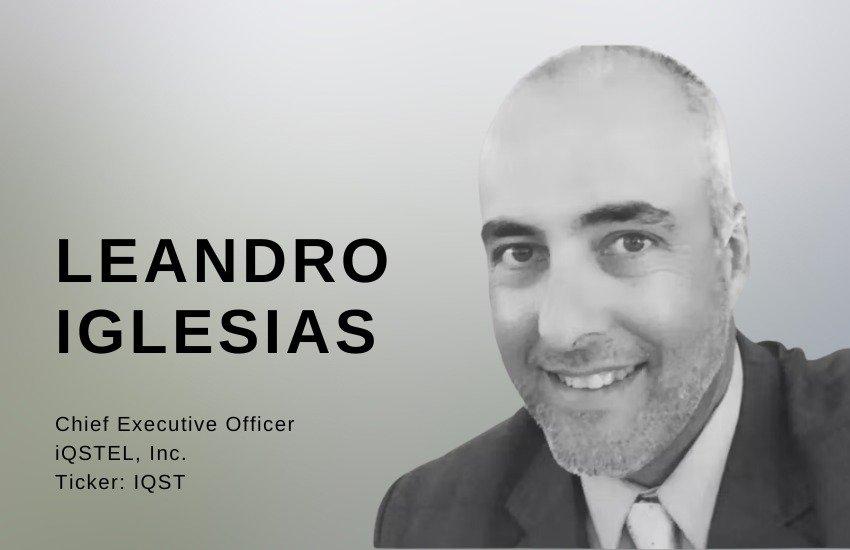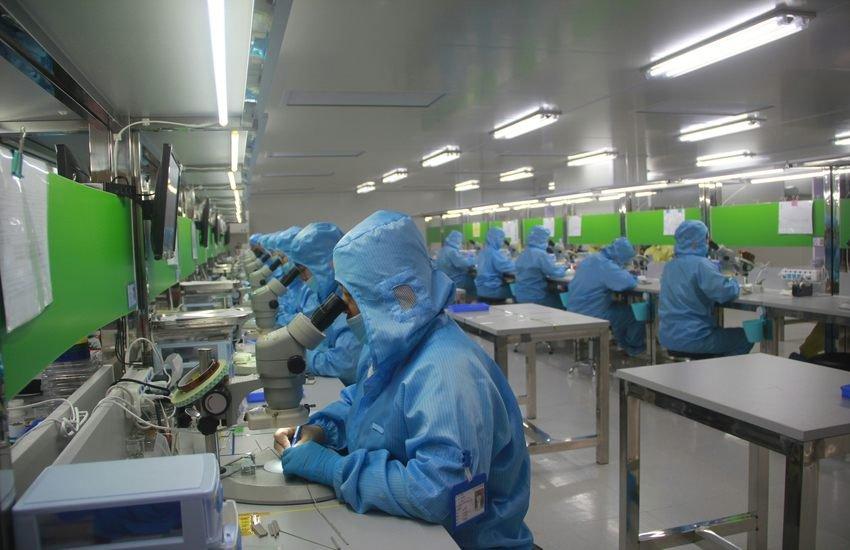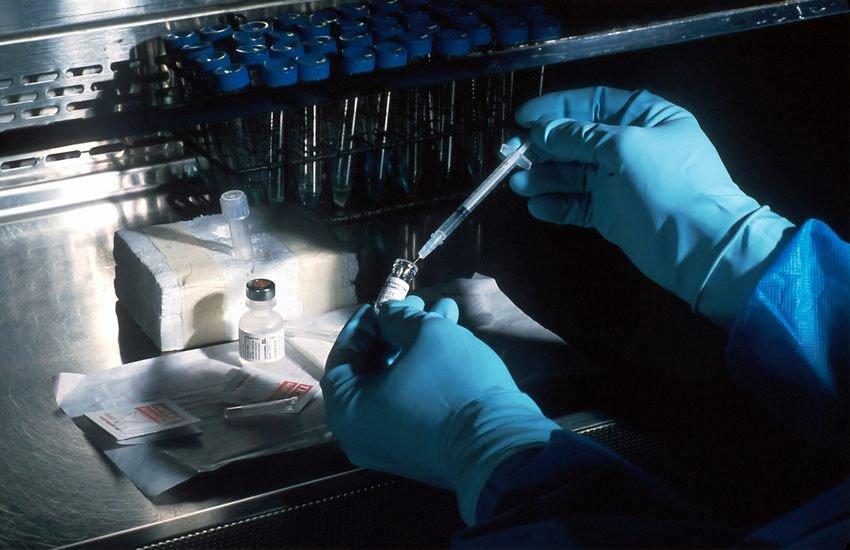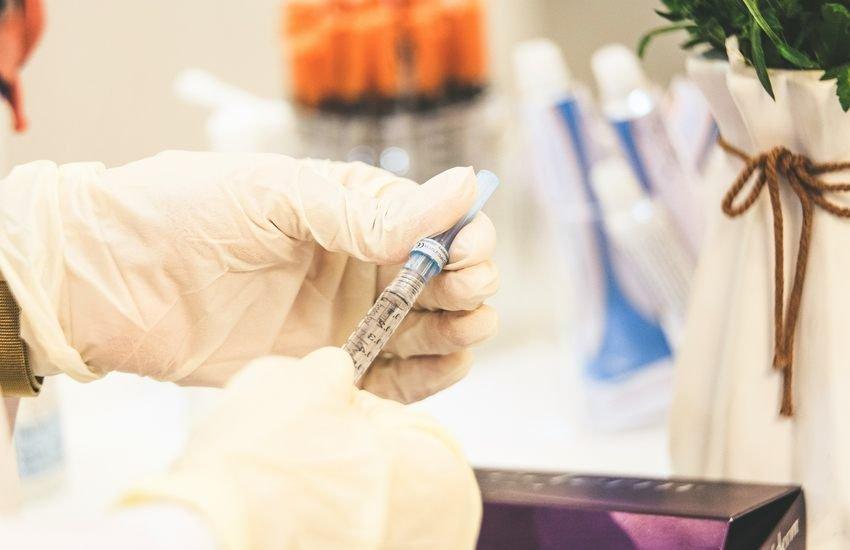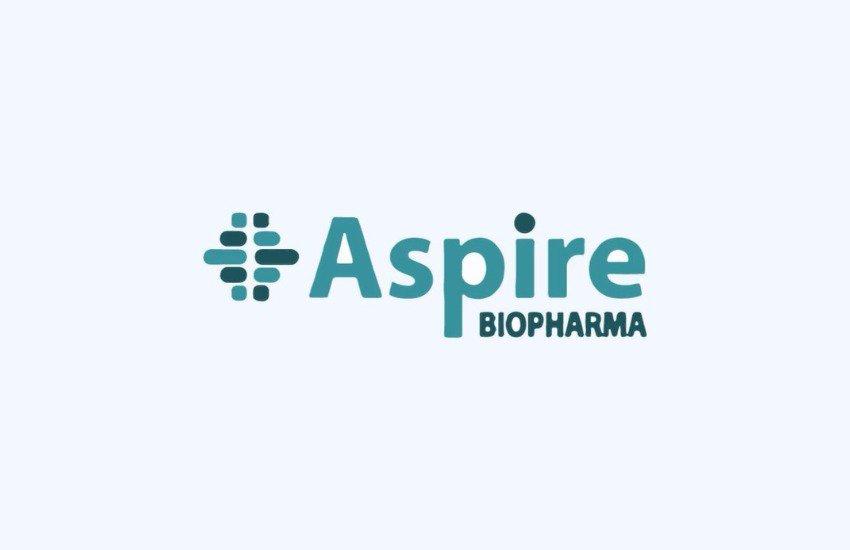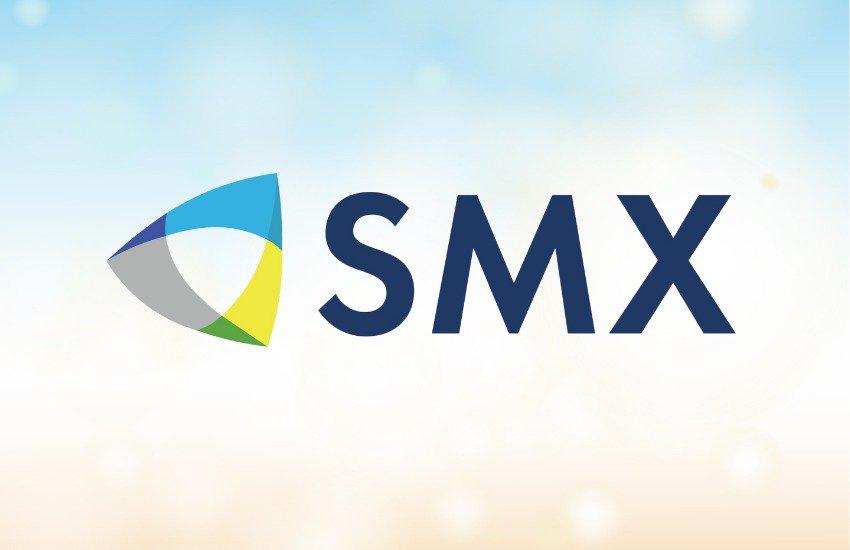Milton H. Werner, Ph.D.
President and CEO
Dr. Milton Werner is the President and Chief Executive Officer of Inhibikase Therapeutics, a company developing novel protein kinase inhibitor therapeutics to treat neurodegenerative disease and viral infections inside and outside of the brain. Previously, Dr. Werner served as Vice President of Research at Celtaxsys, a cell-free immunotherapeutics company. From September 1996 until June 2007, Dr. Werner was a Head of the Laboratory of Molecular Biophysics at The Rockefeller University in New York City. Throughout his scientific career, Dr. Werner has been an innovator integrating chemistry, physics, and biology into a comprehensive approach to solving problems in medicine, including an explanation of the origin of “maleness” in humans, the mechanistic basis of several forms of leukemia and lymphoma and, more recently, the development of therapeutics that can halt and potentially reverse functional loss in neurodegenerative disease.
Dr. Werner is the author or co-author of more than 70 research articles, reviews, and book chapters and has given lectures on his research work throughout the world. He is the recipient of numerous private and public research grants totaling more than $30 million. He is the recipient of several awards, including the Naito Memorial Foundation Prize, the Young Investigator Award from the Sidney Kimmel Cancer Foundation, the Research Chair from the Brain Tumor Society, and a $1 million Distinguished Young Scholars in Medical Research Award from the W. M. Keck Foundation. Dr. Werner received his Doctor of Philosophy in Chemistry from the University of California, Berkeley, and his Bachelor of Science in Biochemistry from the University of Southern California, and he was an NIH intramural postdoctoral fellow prior to his tenure at the Rockefeller University.
Full Interview:
Thank you for taking the time to answer my questions about Inhibikase Therapeutics. For our readers who may be unfamiliar, will you briefly describe the Company and its focus?
Inhibikase Therapeutics was founded in 2008 to develop drugs differently. The Company has developed all of its science in-house in collaboration with academic investigators all over the world and designs and develops all of its drug assets internally. To do so, the Company developed a revenue stream to pay its own bills with its own money, principally earned through Federal Contracts and Grants with the National Institutes of Health, the Department of Defense, and State agencies in Georgia, North Carolina, and Indiana.
The Company’s focus has been on neurological diseases, with a focus on developing medications to alter the course of neurodegenerative diseases, such as Parkinson’s disease, Alzheimer’s disease, ALS, etc. The Company’s current development program with risvodetinib is aimed at Parkinson’s disease, where multiple studies the Company performed in animal models of human disease revealed that risvodetinib can halt disease progression, protect neurons from degradation, clear the underlying protein pathology linked to Parkinson’s disease and suppress neuroinflammation inside and outside of the brain. These animal studies formed the basis for advancing risvodetinib into the clinic.
In late 2020, the Company completed its Initial Public Offering, entered the clinic with multiple programs, and raised $73 million gross from the equity markets between 2020 and 2023. Today, risvodetinib is in a Phase 2 trial to evaluate whether risvodetinib can alter the course of disease in untreated Parkinson’s patients.
The Company has a second asset in late-stage clinical development, IkT-001Pro, a prodrug of the anticancer agent imatinib mesylate, that the Company believes could be a better-tolerated alternative for patients taking imatinib mesylate chronically to control certain blood or gastrointestinal cancers. IkT-001Pro is also being considered for a new clinical trial effort to alter the course of disease in pulmonary arterial hypertension.
Risvodetinib's Phase 2 trial (201 trial) is currently ongoing. Can you provide an update on the progress, key milestones achieved, and any notable insights gained from the trial so far?
The 201 Trial in untreated Parkinson’s disease is evaluating three doses and placebo 1:1:1:1 randomized across 120 patients. The three doses being evaluated, 50 mg, 100 mg, and 200 mg, led to the same exposures in people who were therapeutically active in our animal model studies. It is being performed in two parts. Part 1 is ongoing and will measure safety and tolerability over 12 weeks of once-daily dosing as primary endpoints and evaluate the change from baseline for a hierarchy of 15 secondary endpoints that will inform on potential clinical benefit. As a slowly progressing disease that worsens over a 25-year timespan, it is not expected that there will be a dramatic improvement in patients in just 12 weeks, although we cannot exclude the possibility. Part 2 is planned to roll every participant from the 12 week period into a 12 month extension study as long as he/she continues to meet the enrollment criteria. For many participants, the rollover to Part 2 will occur without a dosing interruption, which means 15 months of functional data will be collected to further evaluate what impact risvodetinib may have on disease.
As of January 30th, 2024, 32 sites are open and actively evaluating patients for enrollment, 49 people have been enrolled, 20 prospective participants are in medical screening and 52 potential participants are being evaluated for their suitability to initiate medical screening.
In 2023, an early insight into the potential of risvodetinib was presented at the annual Movement Disorders Society (MDS) Congress in Copenhagen, where it was shown that 11 patients pulled from the 201 trial in 2022 showed that the sum of Parts 2 and 3 from the MDS Universal Parkinson’s Disease rating scale was reduced by 10.4 points relative to placebo for the 200 mg dose. Given the small sample size on this dose, we believe it is premature to conclude a clinical benefit, but this observation reinforces our desire to extend the trial for an additional 12 months to potentially obtain a clearer picture of clinical benefit. Depending on the date of last participant enrollment in the 201 Trial, we may be able to report top-line results from the 12 week Part 1 of the trial in the second half of 2024.
Given the focus on Parkinson's disease and related disorders, how does Inhibikase plan to address the unmet medical needs in this space?
The Inhibikase approach to Parkinson’s disease we believe is disease-modifying This means that our goal is to inhibit a target that we believe is at the core of causation of the disease itself. Therefore, by blocking this core, the c-Abl tyrosine kinase, we hope to block the disease itself. This is what we have shown in our animal models of human disease, but we have not yet shown this in human patients. If our model studies translate into people, patients at most or even all stages of disease could gain a clinical benefit from risvodetinib. In the ideal case, patients will reduce or even eliminate their need for medications to treat symptoms of their disease, like levadopa or carbidopa, because risvodetinib could be corrective and displace the need for symptomatic treatments over time. However, this would be the ideal case and we have not shown that this is going to be the outcome of our risvodetinib clinical trials.
In the large and growing Parkinson’s market how does Inhibikase Therapeutics set itself apart from competitors and plan to capture a significant share of this market?
Despite the large number of products on the market to treat Parkinson’s disease, not a single product currently marketed has shown it can slow disease progression or improve prognosis of the disease. A handful of developers, including Inhibikase, are trying to change that trajectory. In our animal model studies, published in Science Translational Medicine, January 2023, we showed that it was possible to slow disease progression, protect neurons from degradation, and clear the underlying pathology of the disease with a single oral agent given by mouth once daily. These model studies supported carrying risvodetinib into the clinic where we believe we have a chance of improving the lives of Parkinson’s patients by altering the course of the disease, although we have not shown this yet.
Two other companies are trying to develop molecules that hit the same target as risvodetinib, the c-Abl kinase, but neither of those companies has reported trial outcomes to date. Most other approaches trying to alter the course of Parkinons’s disease for patients have either failed to have any clinical benefit or have yet to enter the clinic, so Inhibikase, for the moment, has very limited competition in the commercial marketplace among developers trying to alter the course of the disease.
Can you explain the specific advantages of IkT-001Pro that you are evaluating compared to standard imatinib for cancer treatment? How do you think that could improve patient experience and compliance?
Imatinib mesylate at 400 mg given by mouth once daily is the standard-of-care medication for a group of blood and stomach cancers that arise from mutations in enzymes in the Abelson Tyrosine Kinase family. Imatinib mesylate is taken chronically, but along with chronic dosing is the frequent occurrence of mild-to-moderate nausea, vomiting, and/or diarrhea. We believe these GI disturbances contribute to a lack of patient compliance with their treatment regimens. IkT-001Pro was designed to suppress these effects, and the Company showed the benefit of IkT-001Pro compared to imatinib by evaluating each drug in a sensitive animal species, the monkey. In monkeys, we measured that we could increase the oral dose of IkT-001Pro more than 3-fold before side effects emerged in the monkey relative to the dose at which imatniib mesylate induced the same side effects. In our clinical studies, IkT-001Pro displayed few side effects and all were mild, but we were limited to single doses by the FDA since the studies were performed in healthy volunteers, so we don’t have enough information yet on the potential benefits to safety and/or tolerability that might be realized for IkT-001Pro.
The completion of the bioequivalence study is a significant milestone. What are the next steps for submitting a regulatory marketing application for IkT-001Pro, and what is the projected timeline for market availability?
In January 2024, we had a pre-NDA discussion with the FDA to clarify what the regulatory path is and what requirements are for approval for IkT-001Pro. We are waiting for the final meeting minutes, but we found the meeting to provide valuable guidance on additional studies we should consider for approval of IkT-001Pro. Typical approval requirements include triplicate batch manufacturing at the anticipated commercial scale. For us to seek all 11 indications for which imatinib mesylate was approved, we should measure the safety and tolerability of IkT-001Pro across the full dosing range approved for imatinib mesylate, namely 300 mg to 800 mg. To date, we have explored doses of IkT-001Pro equivalent to 250 mg to 600 mg imatinib mesylate, and plan to study doses equivalent to 800 mg. We have not yet guided what the timeline to approval of IkT-001Pro is, in part, because we are evaluating applications of IkT-001Pro to other disease areas, particularly in cardiopulmonary diseases. We’re evaluating cardiopulmonary diseases because of their intrinsically high commercial value for the same drug product where imatinib has already been shown clinically to be effective. For this reason, we’re evaluating which is the best pathway for approval and how to maximize the value of IkT-001Pro.
The RAMP™ program holds significant potential for future drug discovery. Can you share more details about the types of brain diseases it's targeting? How does the program's flexibility allow you to adapt to different disease mechanisms and identify promising new drug candidates?
RAMPTM is not just being applied to neurological diseases. Rather, it is a medicinal chemistry discovery platform. Its design is reminiscent of AI-based programs as it builds on the medicinal chemistry knowledge of a large number of molecules evaluated in the clinic, some of which were approved for different indications in the U.S. The advantage RAMPTM provided us was the focus on redesigning local areas of a common chemical scaffold, preserving properties we cared about, and improving properties we considered to be important to safety, tolerability, and/or efficacy. We’re a small company and developed RAMPTM to learn from the many developers that came before us. We actually didn’t anticipate what would happen, which was to succeed in developing drug characteristics that many tried to achieve, but we managed to accomplish. As we move forward, we’re developing a series of follow-up molecules that we plan to apply to different Parkinson’s 's-related diseases, such as Dementia with Lewy Body, as well as other neurodegenerative diseases such as Alzheimer’s disease and ALS.
Looking ahead, what are the biggest challenges and opportunities you see for Inhibikase in the next few years, and how are you preparing the company to navigate this evolving landscape?
Developing new medications for neurodegenerative disease that can alter the course of disease, so-called disease-modifying therapies, has proven to be very difficult. Essentially 100% of these efforts in Parkinson’s disease have failed to date. So, we have to be realistic that while we observed promising results of risvodetinib in animal models, we need to see a clinical benefit in humans before we can get excited about future possibilities. Having that first success is really our biggest hurdle to cross. This is why we’ve been relatively transparent about our progress and try to level-set expectations. This is hard work with no successes by other developers to date, but we believe this will change in the near future for us and possibly for other developers that took a more rigorous development approach and sought to evaluate their approach mechanistically before moving into the clinic.
We create contingencies in other therapeutic areas so we have multiple pathways to be successful as a business, even if neurodegenerative disease is the ‘holy grail’ we seek to succeed with as an innovative company. This is why we’re thinking through the best path forward for IkT-001Pro in different indications because imatinib has been shown to be effective in people in multiple therapeutic areas.
With a robust patent portfolio extending into 2033 for oncology and 2036 for neurodegeneration, how do you envision Inhibikase shaping the landscape of both oncology and neurodegeneration, thanks to its strong intellectual property foundation?
Without revealing our IP strategy, we have a series of planned prosecutions of IP to extend our exclusivity runway. We have a series of different inhibitor modalities for the c-Abl kinase that we’re simultaneously pursuing in pre-clinical studies so that we build a portfolio of unique drug products across the therapeutic spectrum we’re engaged with.
Inhibikase is not just a Parkinson 's-focused company but is now a broader neurodegeneration player. Can you elaborate on your long-term strategy and the potential for expansion into other neurological conditions?
We have already provided guidance that we believe c-Abl inhibition has a broader role in neurodegenerative disease beyond Parkinson’s and Parkinson’s-related diseases. We believe this is fairly well established for Alzheimer’s disease and may also be applicable to ALS. At present, these and other disease areas are not being evaluated in our pre-clinical research efforts, but we hope to do so in coming years.
Is there any other information you wish to share with our investors so we can highlight the key investment opportunities for Inhibikase?
Inhibikase is not a typical developer. We don’t shy away from the hard work of scientific discovery, and we’re quick to translate new knowledge into product development. Because these efforts could have a high failure rate, we try to be transparent in our efforts and try to keep the public informed on what’s working and what we think needs to be improved. Our shareholder feedback certainly suggests that our shareholders appreciate the openness of our efforts. We hope we’ll ultimately demonstrate the utility of our knowledge to medical treatments and that our products will help millions of people worldwide. That’s our goal, changing medicine for the benefit of patients.
Thank you for your time.





